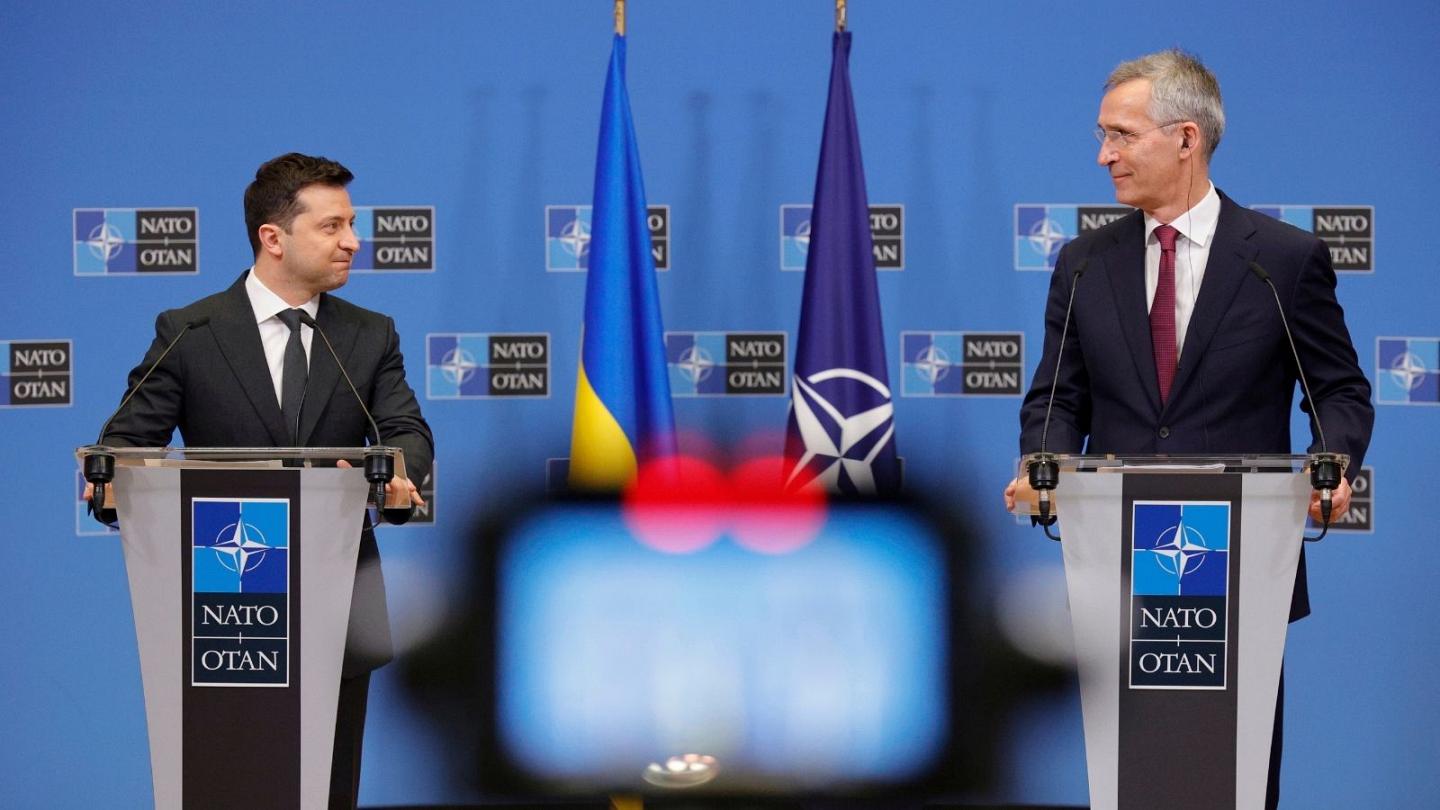Seyed Reza Mirtaher in an interview with the site of Strategic Council on Foreign Relations stated that war in Ukraine is considered to be as a turning point in the history of international relations, he called the rising confrontation of the West with Russia and China as the characteristics of the era and added:” with respect to Russia, the confrontation has entered into military – security field, and with respect to China it is followed in political – diplomatic, and economic – trade spheres. In this situation, Putin invasion of Ukraine provided the necessary pretext to the U.S. and NATO to implement the measures against Russia they already had in their mind; as the Ministry of Foreign Affairs of the Russian Federation had called in its statement the present war in Ukraine as the NATO proxy war with Russia”.
Russia Shifts Its Operational Concentration in the War of Ukraine
The analyst of international issues said:” that’s why contrary to their initial prediction that they imagined they would be able to quickly seize the Eastern, Southern and Northern regions of Ukraine through their operational plans and then they would be able to occupy Kiev and to overthrow the government, now they have to essentially revise their plans and apparently they intend to concentrate their attacks on two regions of Donetsk and Luhansk. The objective of the Russian operation was basically to push back the Ukrainian Army from the two regions and declare an independent country”.
Mirtaher added:” what has become a strong influential issue on the equation of war in Ukraine is increasing weaponry, military and intelligent aids of the West and NATO which have caused a gradual change in the balance of war to some extent and beneficial to Ukraine. In fact, the invasion provided the necessary pretext to the extremists and pro – US wing in Europe to claim that their previous positions about the objective threats from Russia against the Eastern wing of NATO, particularly Poland and the three Baltic Republic were true and NATO should rapidly take steps to effectively confront with Russia”.
He pointed out to the decision made by NATO to permanently station a number of its forces in Eastern European countries and continued:” Although there already existed a duality on dealing with Russia within the EU; but Russian invasion of Ukraine has caused form a kind of unity in paradigm in NATO. Now, there is a consensus among NATO members on the necessity to confront with Russia and to extend, directly or indirectly, aids to Ukraine to confront against Russia”.
Having reminded that the confrontation has been extended to other areas, and Europe as well as the U.S. applied the severest and the most unprecedented sanctions against Russia, Mirtaher said:” Russian invasion of Ukraine has led the European countries, and particularly Germany that has so far and particularly during Trump tenure of office refused to increase its military budget in NATO and to allocate 2% of their GDP, have not only accepted the amount but also have allocated more budget. As Germany has allocated an extra 100 billion euro for its military forces and together with Poland have placed important military and weaponry orders with the U.S.”.
U.S., the Main Winner of War in Ukraine
Having emphasized that the U.S. was the main winner of war in Ukraine, the expert of international affairs explained:” the country managed to materialize the integration between the two sides of Atlantic Ocean as well as trans – Atlantic unity, and now, once again an internal integration has been prevailed among them. Along with it, the Russian invasion of Ukraine caused the U.S. prepare the ground to intensify the hostile measures against Russia and especially imposed sanctions on Russia in all fields, and through exporting more liquid natural gas to replace Russian gas, gained the necessary pretext to further stabilize its presence in energy field of Europe”.
He said:’ prior to the recent developments, countries like Germany and Austria were strongly opposing the U.S. idea to reduce Russian presence in the European gas market, but now these countries intend to immediately minimize their dependence on Russian gas and the change in attitude is considered as a victory for the U.S.”.
NATO Expansion Eastward
Mirtaher continued:” another turning point in the light of war in Ukraine, was to encourage Sweden and Finland, as two countries in Northern Europe that have so far doubted to join NATO, are now planning to materialize it. Although, Russia has reacted strongly to the decision, and has threatened them with a crucial response, but it seems that the two countries are concerned about a Russian assault on Finland similar to the Soviet Union war with the country in winter 1941. This is even the case with Sweden that declared neutrality during the World War II”.
He continued to elaborate the positions of China within the past few days, that had criticized NATO performance versus Russia and that the Treaty should have dissolved after the World War II and should be shelved in history and added:” Chinese believe that after the World War II, there was never the necessity for NATO to continue to exist and the continuity of its presence was one of the important factors of the war in Ukraine”.
Contingency of Further Strengthening of Military & Security Relations between China & Russia
The expert of international affairs said:” at present situation, the Chinese have smartly realized that in near future they may experience similar threats from the Western bloc and not NATO, within the framework of other treaties like Quad and AUKUS, the latter was particularly formed in 2021 among the U.S. and South East Asian countries. Chinese certainly see themselves in unison with Russia in this respect. Therefore, military and security relations between China and Russia may go ahead more than ever in the past. Because of a common threat, they may take appropriate, joint and specific measures against such threats in Asia – Pacific and Europe”.










0 Comments